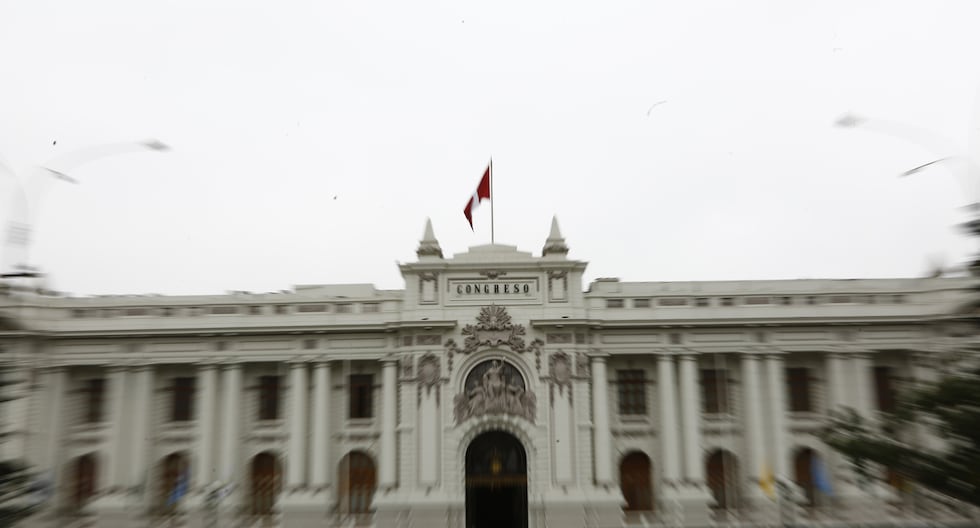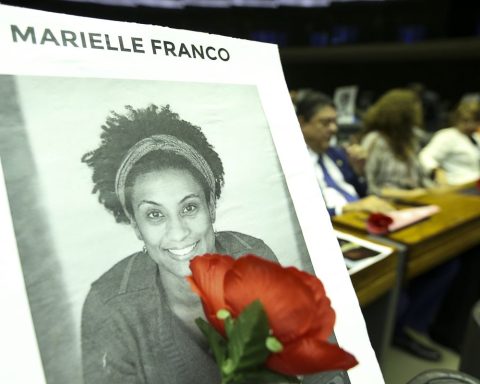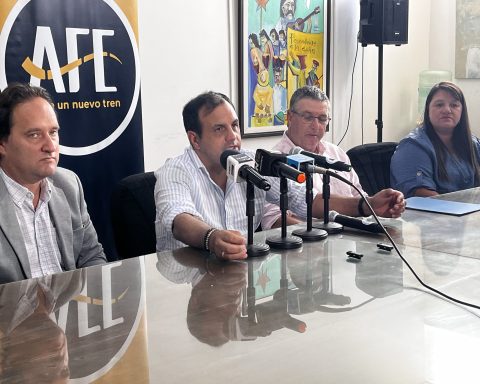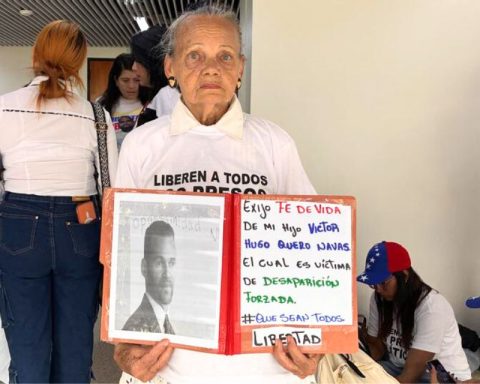Santo Domingo.- Two Spanish academics urged Dominican authorities on Sunday to create legislation to protect people’s data, due to the rapid advance of artificial intelligence (AI) worldwide, which directly impacts people’s fundamental rights, such as privacy and dignity.
According to Dr. Mercedes Serrano, professor at the University of Castilla-La Mancha (Spain), rather than a reform to Dominican Law 172-13, which aims at the protection of personal data, it is necessary to develop a new regulation, since the current one is focused on credit information systems.
“I believe that there is no sector of society in which there is not now an intervention, a more or less important and more or less intensive penetration of artificial intelligence, and this is only the beginning, because the intervention of artificial intelligence in all sectors will be increasingly more invasive,” said the specialist through a statement released today by the Constitutional Court (TC).
You may also like: Artificial intelligence, the topic of everyone in the Dominican Republic
Serrano said that the catalogue of fundamental rights enshrined in the constitutions of different countries could be affected by artificial intelligence.
In this regard, he recommended that, when creating new legislation on the subject, the General Data Protection Regulation of the European Union be taken into account, which seeks to protect the data and privacy of citizens, so that artificial intelligence itself can then be regulated.
“Without these two rules going hand in hand, it would be very difficult, and it is complicated, for artificial intelligence systems to not pose a threat when processing personal data for citizens,” he said.
Meanwhile, Dr. Monica Arenas, a professor at the University of Alcalá (Spain), said that citizens must be empowered and provided with the mechanisms to know what is done with their personal information, which can be achieved through legislative reform focused on people’s rights.
“This is how we will achieve ethical and reliable artificial intelligence. What we design now is what will determine our future,” said the lawyer, who warned about the rapid advances in technology and the normalization of people being accustomed to giving their data anywhere.
He said that this digital revolution “that we are witnessing is undeniable and unstoppable” and that the technological innovations that are occurring in a very short period of time are many and varied.
Arenas pointed out that artificial intelligence not only impacts people, but also the democracy of countries.
“When we are already talking about the impact on rights, States, power, the humanization of power has the purpose of guaranteeing the rights of citizens (…). In reality, the State itself is already affected,” he said.
For her part, Dominican judge María del Carmen Santana de Cabrera stated that, despite the benefits of artificial intelligence, the legal community must take the precaution of recognizing this phenomenon in order to be able to confront it, since it directly impacts the protection of people’s data, regardless of whether or not they have access to technological means.
He said that data protection is a constitutional right in the country and emphasized that “it is enough for personal data to exist so that it can be detected, archived and processed by artificial intelligence.”

















